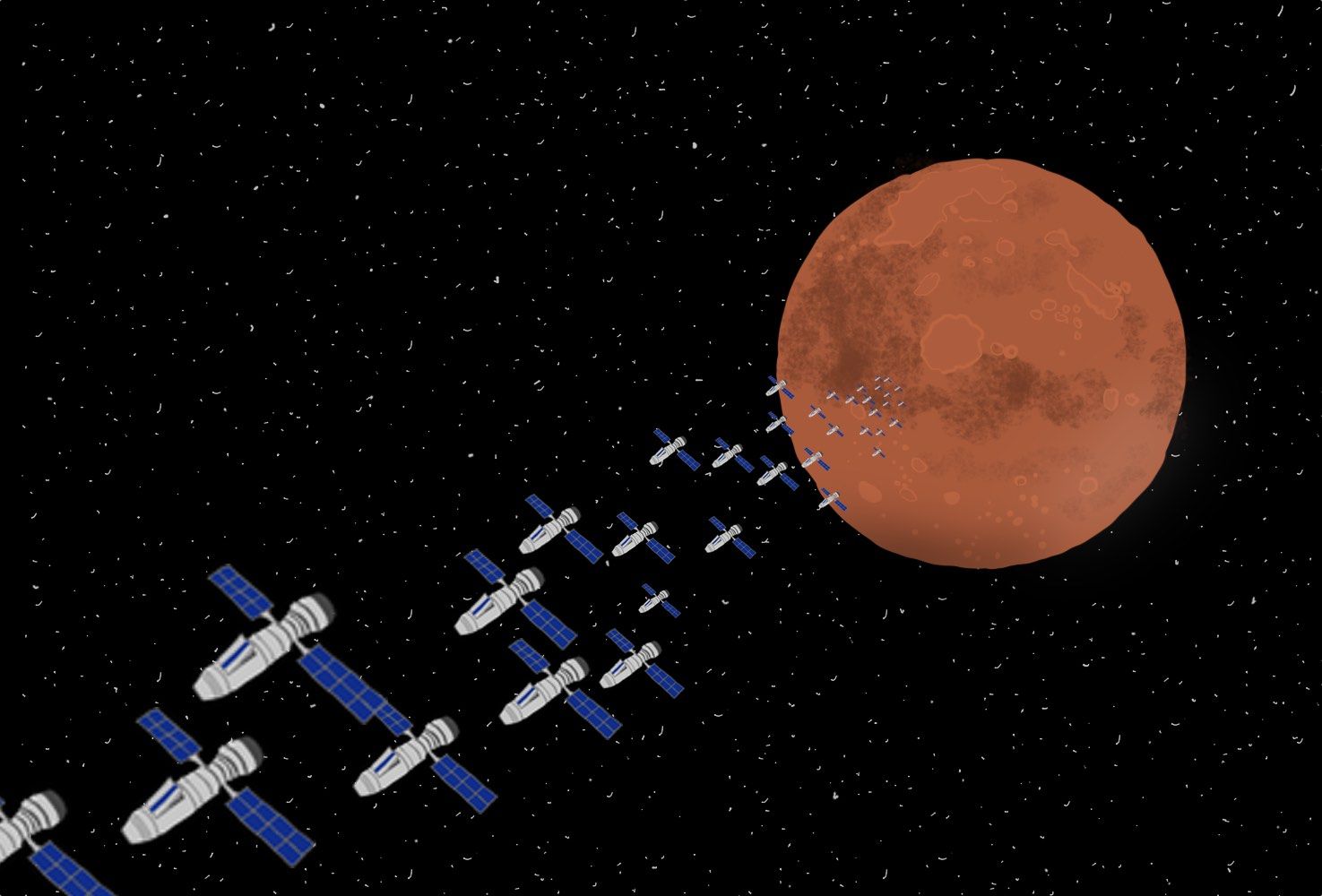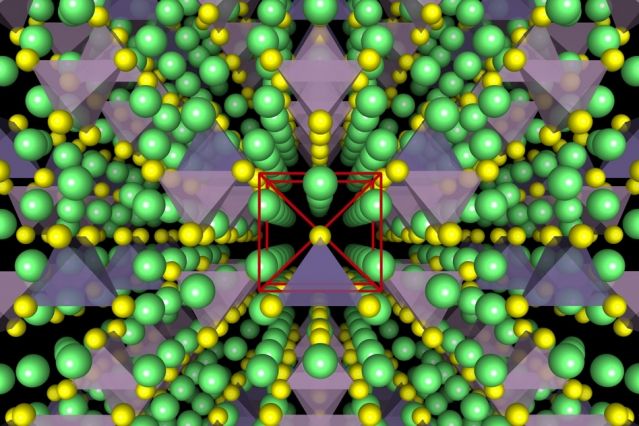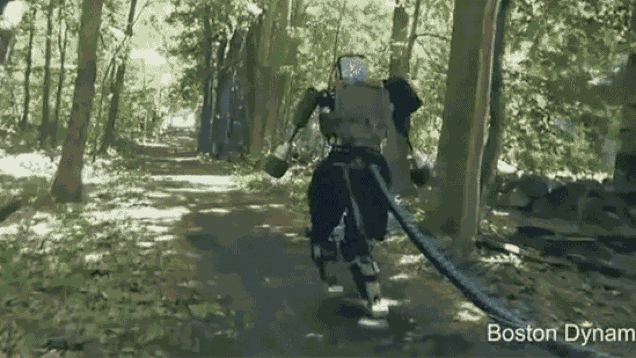Aug 18, 2015
Blockchain for IoT? Yes!
Posted by Rob Chamberlain in categories: automation, big data, complex systems, computing, disruptive technology, engineering, hardware, science, supercomputing
Quoted: “Sometimes decentralization makes sense.
Filament is a startup that is taking two of the most overhyped ideas in the tech community—the block chain and the Internet of things—and applying them to the most boring problems the world has ever seen. Gathering data from farms, mines, oil platforms and other remote or highly secure places.
The combination could prove to be a powerful one because monitoring remote assets like oil wells or mining equipment is expensive whether you are using people driving around to manually check gear or trying to use sensitive electronic equipment and a pricey a satellite internet connection.
Instead Filament has built a rugged sensor package that it calls a Tap, and technology network that is the real secret sauce of the operation that allows its sensors to conduct business even when they aren’t actually connected to the internet. The company has attracted an array of investors who have put $5 million into the company, a graduate of the Techstars program. Bullpen Capital led the round with Verizon Ventures, Crosslink Capital, Samsung Ventures, Digital Currency Group, Haystack, Working Lab Capital, Techstars and others participating.















